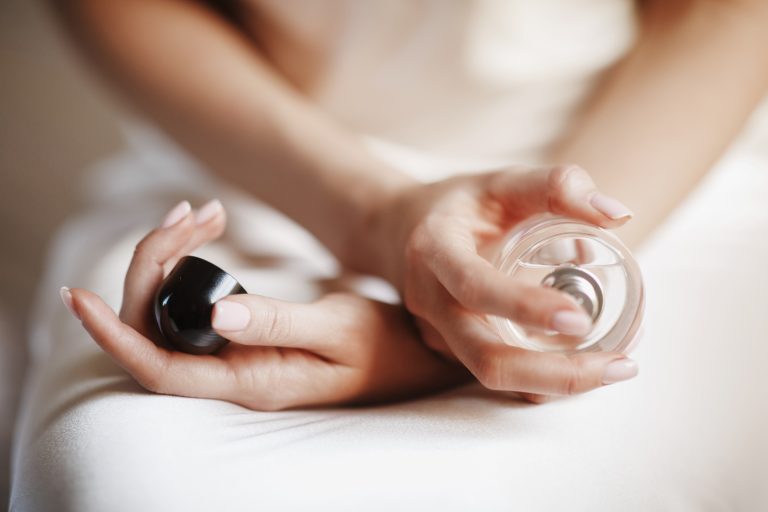São Paulo – Ancient and very popular, Arab perfumes have become even more success among Brazilians due to the notoriousness gained on social media. On Instagram only, there are over 90,000 posts on the topic. On TikTok, influencers speaking of Arab perfumes abound.
Although its popularity has been more noticeable recently, the item was first introduced to Brazilians some years ago. “During the Brazilian Big Brother of 2019, a participant took an Arab perfume to the show. Then consumers started looking for it in stores,” explains Ivana Menezes, commercial director at BR Brand Imports, a Brazilian company that imports Arab perfumes.
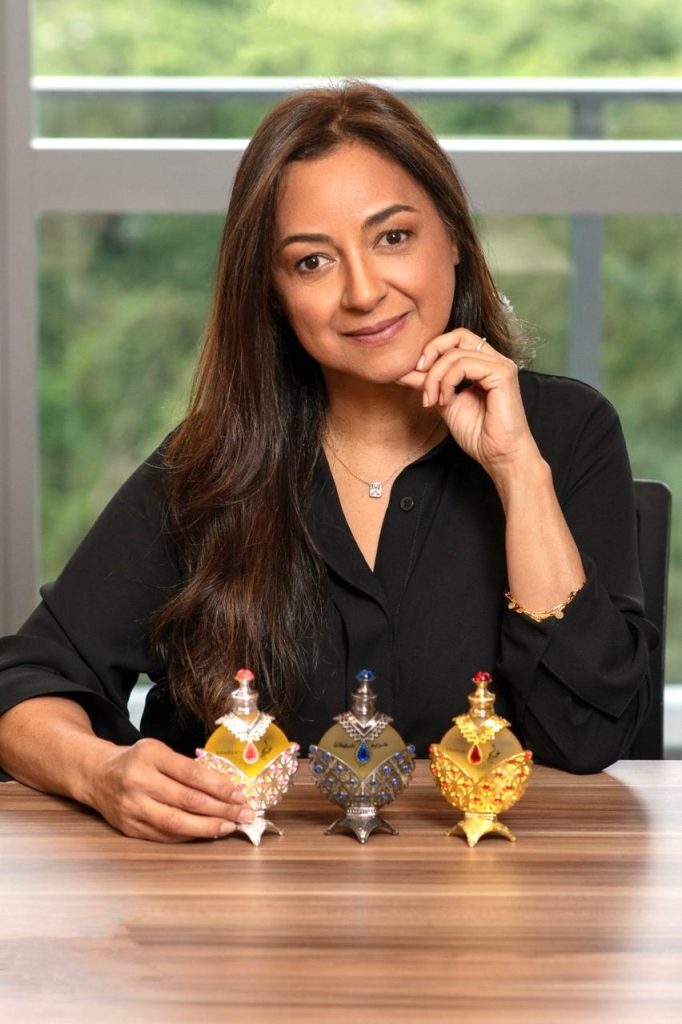
“Then came the influencers and social media. As little was known about Arab perfumes back then, this promotion really helped.”
From a region where consumers use perfume as an essential accessory, Arab perfumes stand out for their intensity in odors and intricate glass bottles.
Julia de Biase, importer of Arab perfumes, a perfumer herself, and owner of Al Ward – the first Arab perfume store in Latin America – also noticed a shift in purchases on her store driven by social media.
“Brazilians are very open to new products, and with Arab perfumery it wasn’t any different. Promotion on social media led consumers to buy more. I’ve been in the market for 14 years, and at first, I used to bring a container that lasted for nearly three years. Now, every year I have to bring in at least one perfume container.”
According to Menezes, promotion of Arab perfumes by social media influencers has been successful in Brazil because there is a huge market to be tapped in the country.
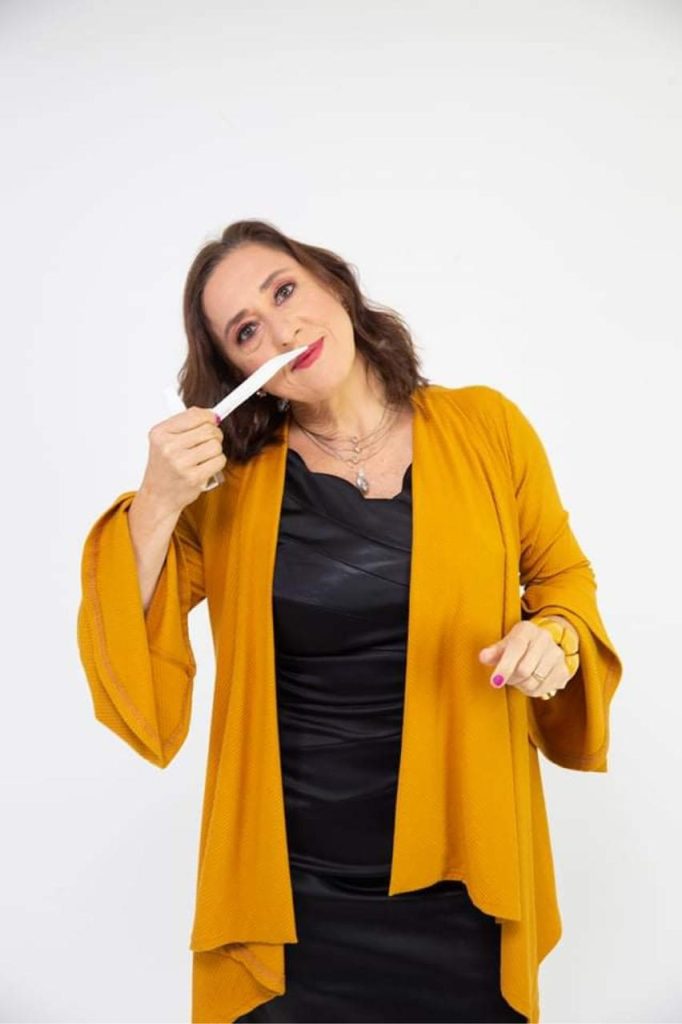
“We’re the second largest consumer market of perfumes, only behind the United States. Brazilians love perfume and love to be noticed, and with Arab perfumes, they can. The glass bottles have a quality we don’t see in other perfumers. As Arabs are very fond of jewelry, this was reflected on the bottles, too. They’re usually glamorous and very beautiful,” says Menezes.
In addition to the odor composition and glass bottles, says Menezes, Arab perfumes are unique for their duration. Compared to their Brazilian counterparts, Arab perfumes have a longer fixation time. Consumers don’t have to apply much for the scent to last up to 12 hours.
“Arab perfumes also stand out for their genderless fragrances, as they aren’t just for men or women and can be used by anyone, says Marcia Sant’Ana, perfume expert at BR Brand Imports.
Perfume composition
Known as the world’s oldest perfumery, according to Biase, Arab perfumes remained for many years limited to consumers in the Middle East. “When the Middle East started to open, this perfumery was rediscovered.”
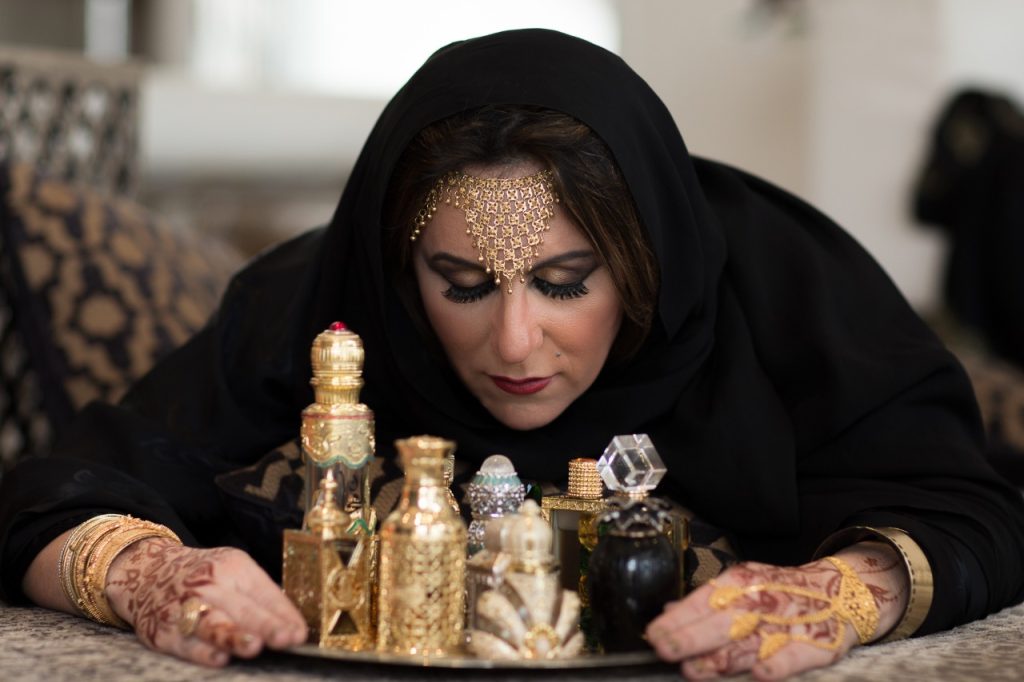
Compared to other Eastern perfumes, the composition of Middle East’s perfumes is quite different. Myrrh, amber, oud wood, sandal, jasmine, and spices are usually their main ingredients.
Arab perfumery usually presents woodsy scents that are ranked among the types that Brazilians enjoy the most, says the commercial director of BR Brand Imports.
“For those who believe local consumers only like lighter, fresher fragrance, I’d like to say this is a myth. When examining the best-selling perfumes in Brazil, you can see the most intense, long-lasting fragrances are top ranked. That is why we’re importing two Arab brands that are totally in line with the trends of Brazilian and international perfumery.”
The scent of resins is usually present in Arab perfumes, too, says Sant’Ana, of BR Brand Imports. In addition to myrrh and galbanum oil and incense, chocolate and caramel are part of the Arab perfumery.
Furthermore, Arab perfumes are present in two leading types – one that is highly concentrated in oil, which is stronger, and a more Westernized that is more liquid with alcohol, water and fragrance.
“Arab perfumes are more intense, so the fragrance is more highly concentrated, called eau de parfum. Common perfumes usually have 10% to 14% of fragrance, while the Arab has a fragrance concentration that can reach over 20%,” says Sant’Ana.
Importing perfumes to Brazil
Established in 2011, BR Brand Imports was initially aimed at operating as a makeup importer. Years later, following the social media changes, the Brazilian company eyed Arab perfumes.
“We started importing perfumes in 2014 and 2015 and brought in a Polish brand. In 2019, after that first Arab perfume appeared on reality TV, we saw the shift in the market but thought it was just a fad. The trend continued, though, and when we saw influencers talking about Arab perfumes that weren’t available around here, we decided to invest in importing them,” recalls Menezes.
After hiring the services of two perfume experts and learn more about Middle East perfumery, BR Brand Imports decided to take another step towards selling Arab perfumes.
“We focused on figuring out which fragrance to bring in to please Brazilian consumers, as the operation itself of importing and distributing in Brazil we’d already mastered. Once we had this figured out, we signed last January a partnership with a perfume brand during a beauty show in Dubai,” said the commercial director of BR Brand Imports.
After the first shipment arrived, the company sold off the items in just one week and now waits for the new shipments to arrive by early August.
“Consumers are looking forward to them. Not a day goes by without someone calling to ask when the perfumes arrive. We expect this to take up a relevant share in our business, at approximately 30% of our sales,” says Menezes.
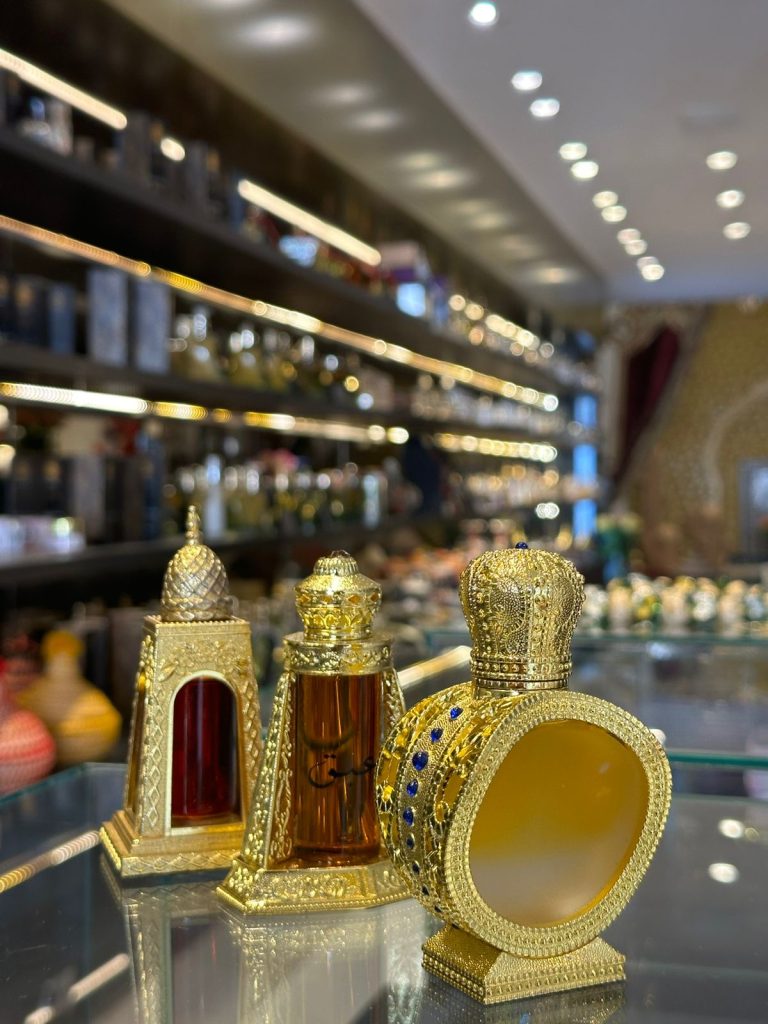
Julia de Biase is one of the Brazilians importing Arab perfumery and mentions some of the most popular Arab brands. “Arab perfume consumers in Brazil are now talking a lot about perfumes by Lattafa and Orientica, which are some of the most popular brands from the United Arab Emirates. I sell a lot from a brand called Al Haramain.”
BR Brand Imports is bringing to Brazil two Arab perfume brand – Style & Scents, with 15 fragrances, and Khadlaj, with 13 perfumes, three of them in oil. They are all shareable, genderless.
The the influence of Arab perfumery has expanded so much that it has reached European industry brands like Prada, Chanel and Gucci. You can already find Western perfumes made of Eastern ingredients like amber.
“Armani, for example, now has a perfume line inspired by the Armani Hotel that is inside the renowned Burj Khalifa in the UAE,” explains Biase.
Read more:
Arab perfume brand wants to sell to Brazil
Translated by Guilherme Miranda



